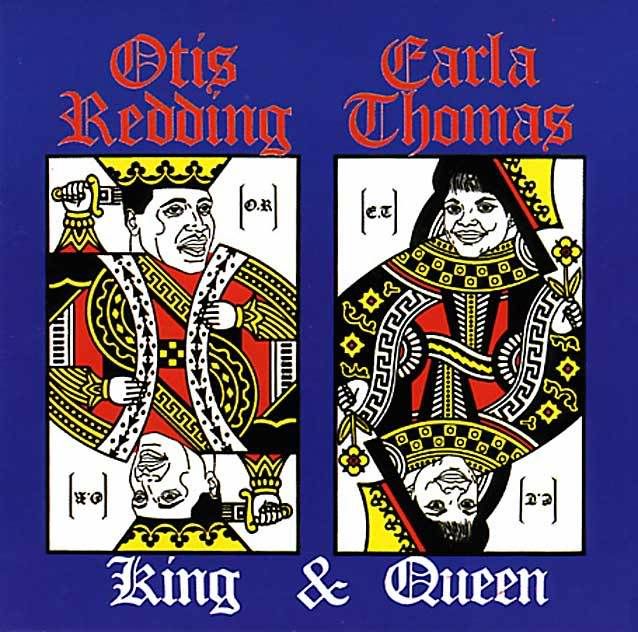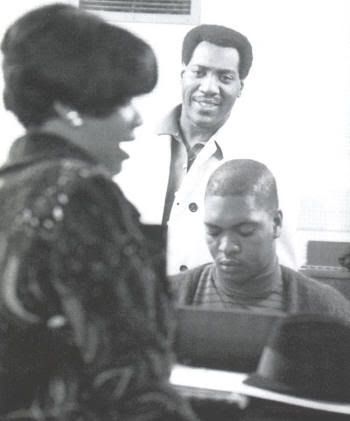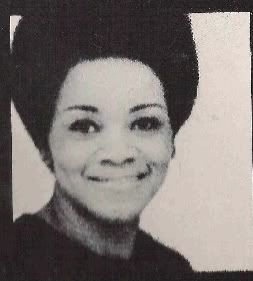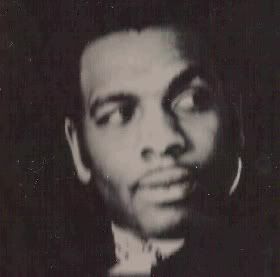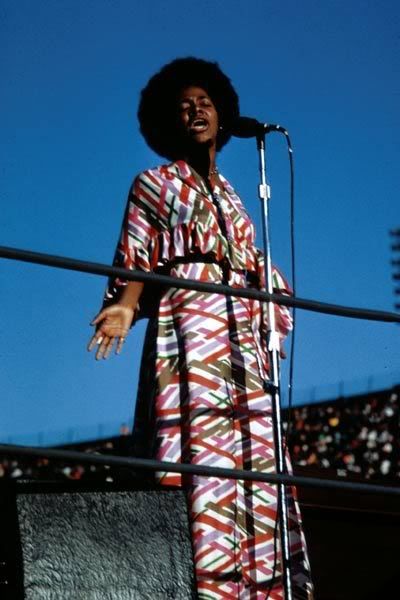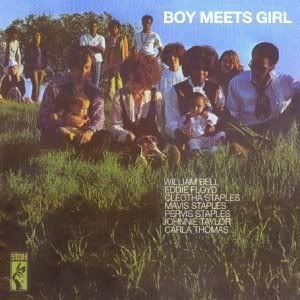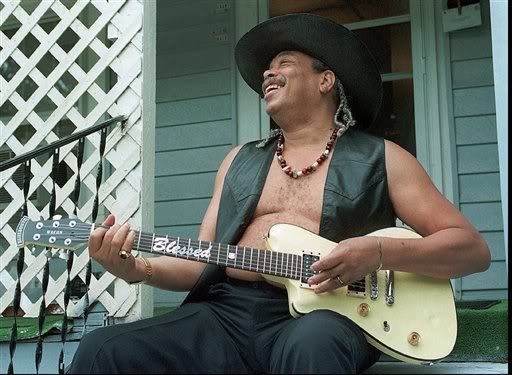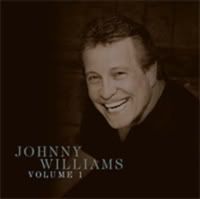On the other side, is the warning word of the cynic. Ironically, it was the Come-Back Kid himself, Bill Clinton, sometimes nicknamed 'the first black President' who, by referring to the rise of less experienced Obama as a 'kid' in 'the biggest fairy tale I've ever seen' left himself open to the charge of having a paternalist attitude. Don't set your hopes too high, he seems to suggest. I think it was the Reagan jibe that made him snap. To his credit, Bill did then make an attempt at amends, telephoning Rev Al Sharpton's radio show to tell him that "He [Obama] had put together a great campaign... he might win." Ah, Bill, you charmer. I can never stay made at you. You'd still make a great First Man. And when I look at certain policy proposals supported by Hillary, such as a health care or insurance scheme for all Americans regardless of wealth, I am of the view that Hillary too could make a President who made a difference.
 However, Hillary Clinton and her campaign staff had by this time already proceeded much further in their politicking, in a manner that must leave her husband despairing. She discussed the legacy of Dr Martin Luther King Jr in the run up to the anniversary of his birth, and decided to give an ad hoc lecture on the importance of President Johnson in implementing civil-rights reform. Be it true that Martin Luther King could not alone in 1963 sway the politicians to support change. And it is one of those ironies of history that it was actually the career southern politician Lyndon Johnson, and not the dashing John Kennedy, who would actually turn out to care about civil rights and have the political skills to push them through Congress. Yet, to deny one of these facts over the other is to deny the obvious interplay between them. Historical factors do not work in isolation. Johnson knew very well his chance to pass the Civil Rights Act on 1964 depended on the up-swell of despair and human idealism that followed the death of a President and the mobilisation of that idealism by activists inspired by the speeches of hope given by Martin Luther King. Every one of those ordinary, extraordinary people who stood up and did something made a difference, as Johnson could refer to the popular movement and apply pressure to the stalwarts and cynics in the Congress.
However, Hillary Clinton and her campaign staff had by this time already proceeded much further in their politicking, in a manner that must leave her husband despairing. She discussed the legacy of Dr Martin Luther King Jr in the run up to the anniversary of his birth, and decided to give an ad hoc lecture on the importance of President Johnson in implementing civil-rights reform. Be it true that Martin Luther King could not alone in 1963 sway the politicians to support change. And it is one of those ironies of history that it was actually the career southern politician Lyndon Johnson, and not the dashing John Kennedy, who would actually turn out to care about civil rights and have the political skills to push them through Congress. Yet, to deny one of these facts over the other is to deny the obvious interplay between them. Historical factors do not work in isolation. Johnson knew very well his chance to pass the Civil Rights Act on 1964 depended on the up-swell of despair and human idealism that followed the death of a President and the mobilisation of that idealism by activists inspired by the speeches of hope given by Martin Luther King. Every one of those ordinary, extraordinary people who stood up and did something made a difference, as Johnson could refer to the popular movement and apply pressure to the stalwarts and cynics in the Congress.Now, maybe Hillary Clinton, when she reflects a little out away from Washington, will come to see this, and the contribution of so many. What to say about the Clinton staff member, though, who briefed journalists that one reason not to choose Barack Obama as presidential candidate is that someone might want to assassinate him? Can the currency of civic duty be so debased that some would accept meekly the authority of an assassin to determine who should or should not stand in democratic election? And once again, skin colour stands as the shibboleth that America is too afraid to confront? No, too many times that has been allowed. No more, not this time.
I'm going to play Johnnie Taylor's I Could Never Be President, recorded in 1969. Johnnie is having one of those dilemmas we all have - should he be President and end discrimination and poverty, or spend time loving his woman. Or, in Bill's case, women. Now, I've gone through a half dozen changes of mind on what exactly this song is trying to infer in the light of recent events. It has the word President in it. Listen, then make a difference in your community, by using your voice and your vote. I Could Never Be President? Why the hell not?
Johnnie Taylor - I Could Never Be President (Stax 0046) June 1969
I'm sure this has been all over the press in the USA, but here is a link to a news report if you haven't heard the furor: Daily Telegraph report







